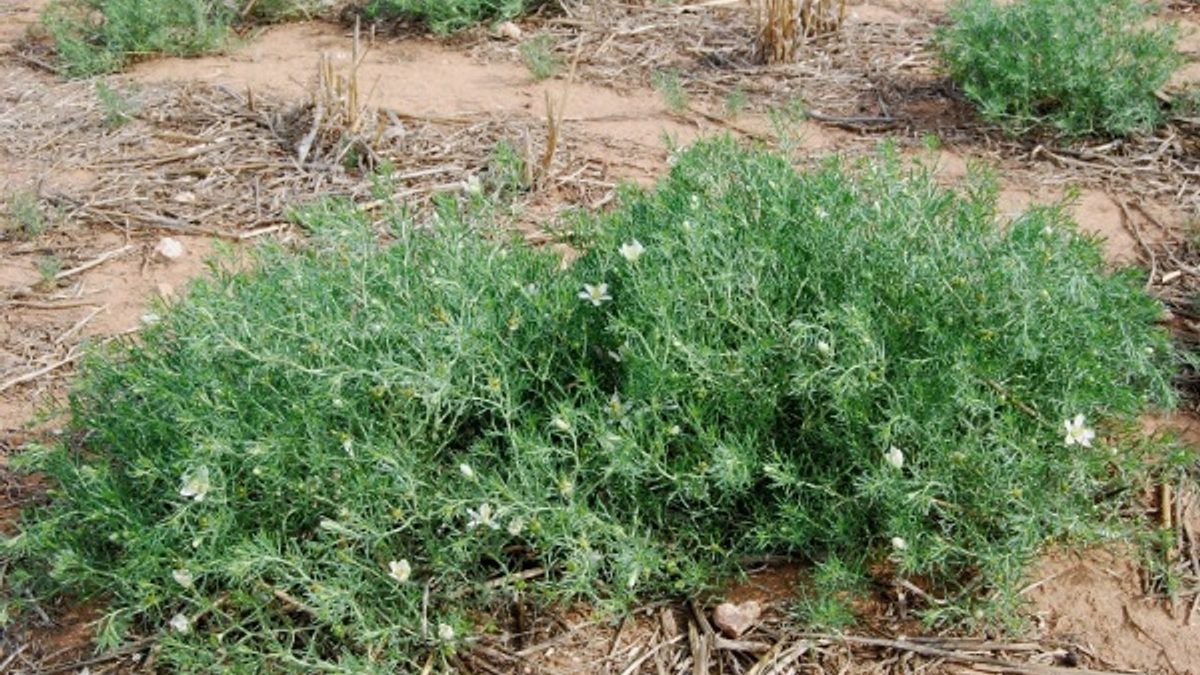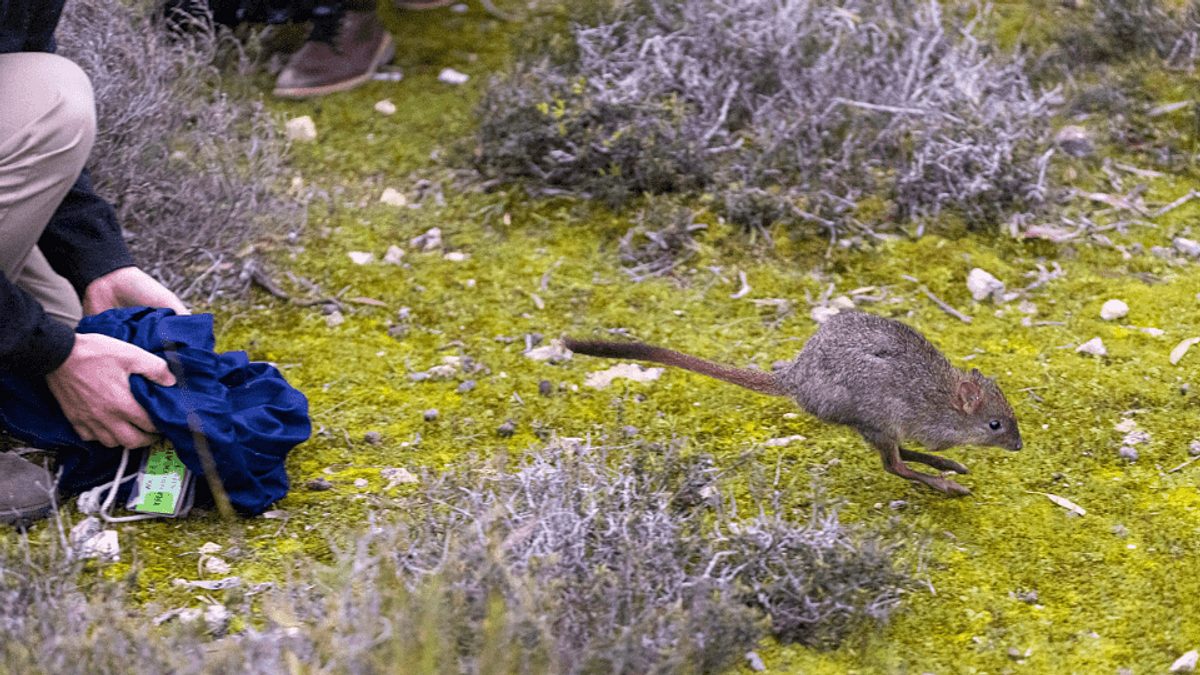Landholders urged to act now on African rue
As the weather heats up, landholders in the Lower Broughton River catchment area are being urged to act now to control African rue, a summer-active weed. The deep-rooted perennial weed is difficult to control once established, and Natural Resources Northern and Yorke Landscapes Ranger Kevin Lintern says a unified approach to controlling African rue is vital to stop its spread.
As the weather heats up, landholders in the Lower Broughton River catchment area are being urged to act now to control African rue, a summer-active weed.
The deep-rooted perennial weed is difficult to control once established, and Natural Resources Northern and Yorke Landscapes Ranger Kevin Lintern says a unified approach to controlling African rue is vital to stop its spread.
"Following high rainfall and flooding across the catchment about a month ago, it is possible some landholders who may not have had African rue on their properties could see it appearing this summer," Mr Lintern said.
"This plant is much more difficult to control than silverleaf nightshade, and persistence with repeated application of herbicide over several years has been shown to be the only effective approach."
African rue (Peganum harmala) is a bushy perennial growing to 50 cm high, with bright green leaves, divided into narrow straps 2.5-5cm long, and cream flowers with a yellow centre. The plant has a distinct bitter smell.
While African rue is generally unpalatable to livestock, sheep can die from alkaloid poisoning after consuming the weed, and being a deep-rooted plant, it competes for moisture reserves in the ground over summer.
Yacka livestock producer Chris Heinjus has seen first-hand the impact of African rue.
"We never had it until about 2006 when the big floods came down the Broughton River and now, all along the high water mark where the seeds settled, there’s a line of African rue," Mr Heinjus said.
He explained that annual spraying was vital to limit the spread of the weed.
"It’s limited to a couple of hectares on my place now, but in time it will blanket out all the riverbanks and by the end of summer if I did nothing, it would just be a mat and would choke out everything," he says.
"While you see sheep grazing other weeds, nothing touches African rue so we spray where we can and as a result we’re having some control but where we can’t access it, it’s rife."
Natural Resources Northern and Yorke can assist landholders with the loan of gas-trigger knapsacks to assist in spraying areas only accessible by foot.
It is also seeking registration of interest from any volunteers who may be able to assist landholders with spraying African rue.
For information, please phone the Natural Resources Centre in Clare on 8841 3444.



